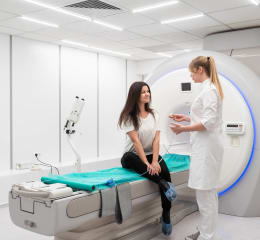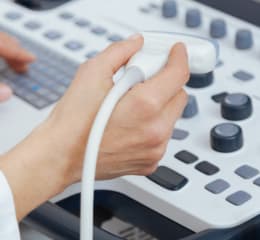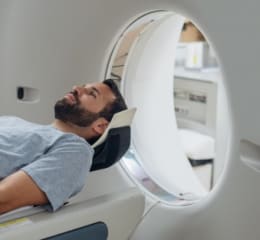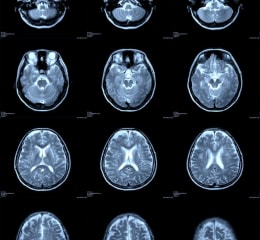X-Ray Scans
We’ve made it easier than ever to book a private X-Ray scan near you. By partnering with over 150 scanning centres across the UK, we’re able to show you every available option - from prices to locations to services - to help you make the best decision for you.
-
Private X-Ray Scan
-
No GP referral required
-
Consultation with clinicians
-
Digital imaging report
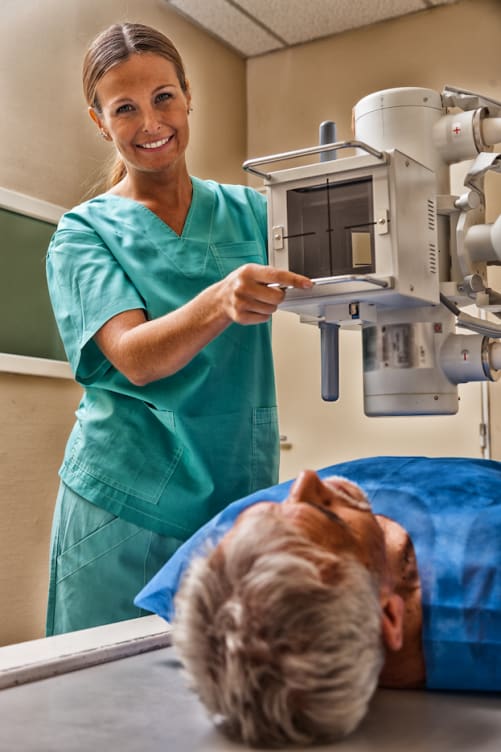
Not sure what you need?
Book a consultation call with our clinicians for expert scan advice for just £50. Plus, you'll get a no-obligation referral if imaging is recommended.
Go to consultation page












